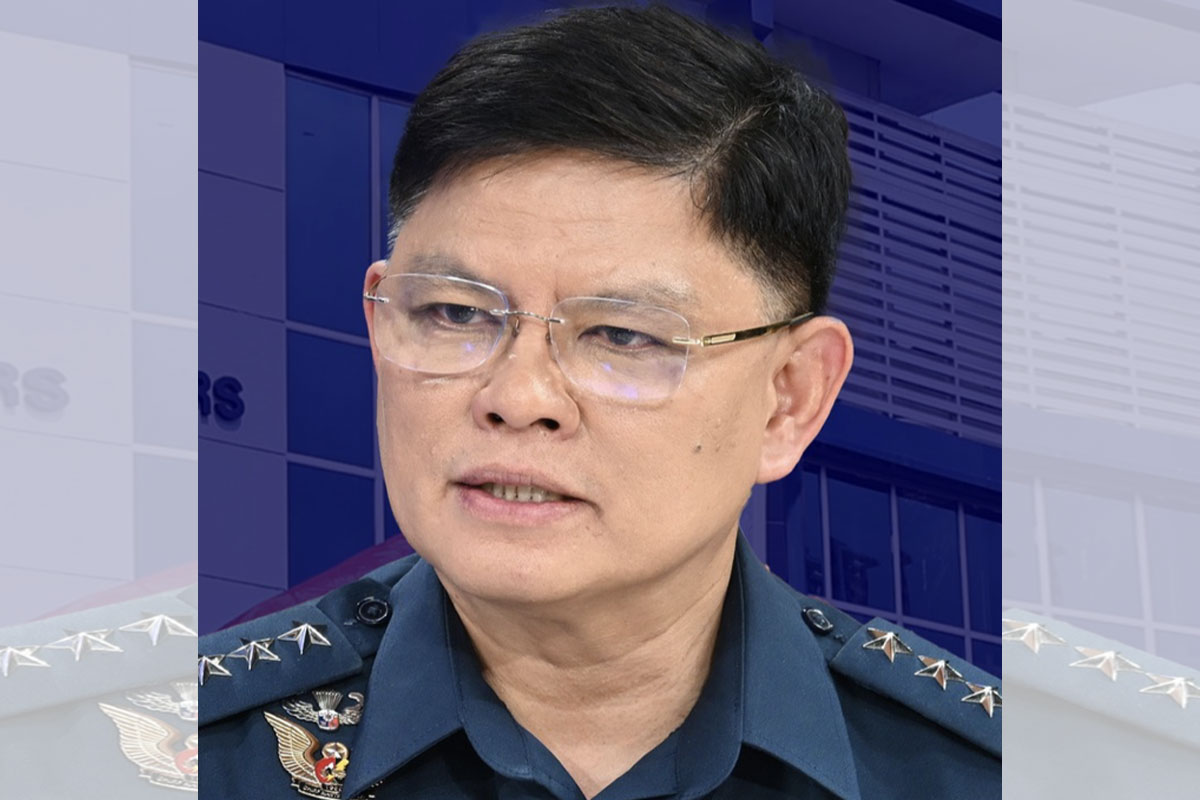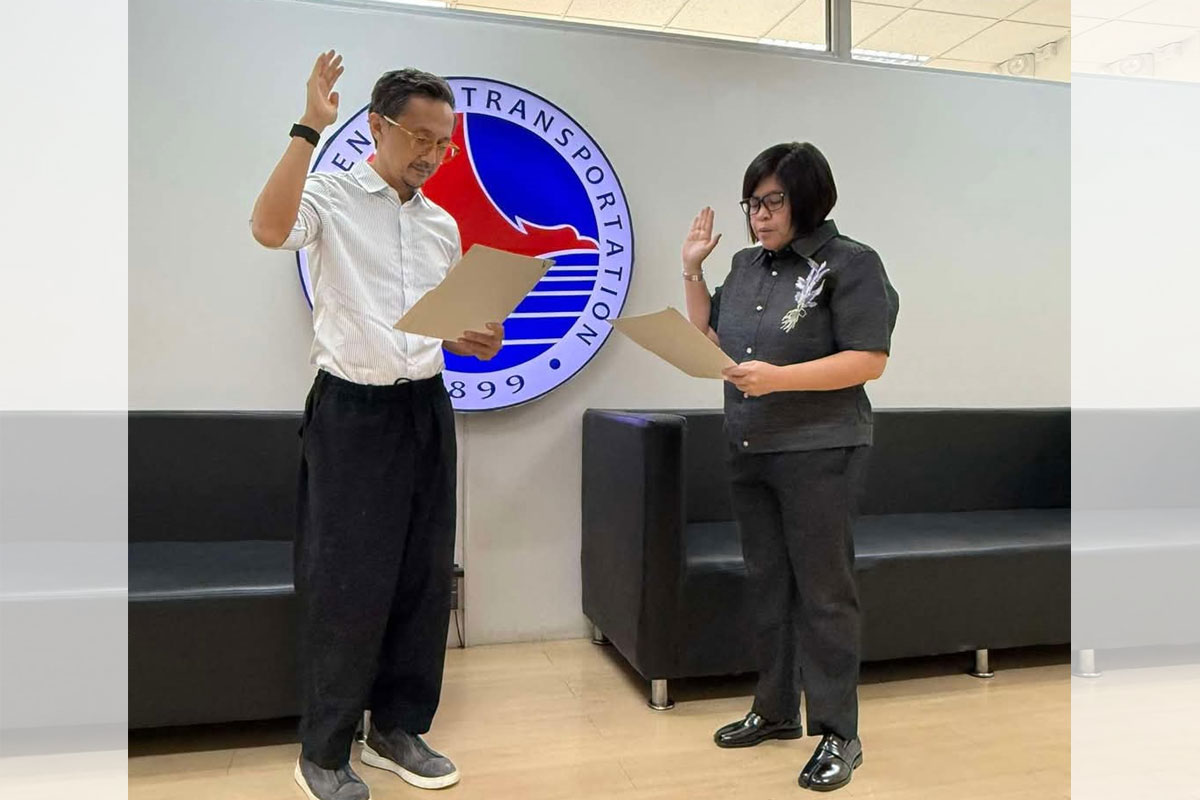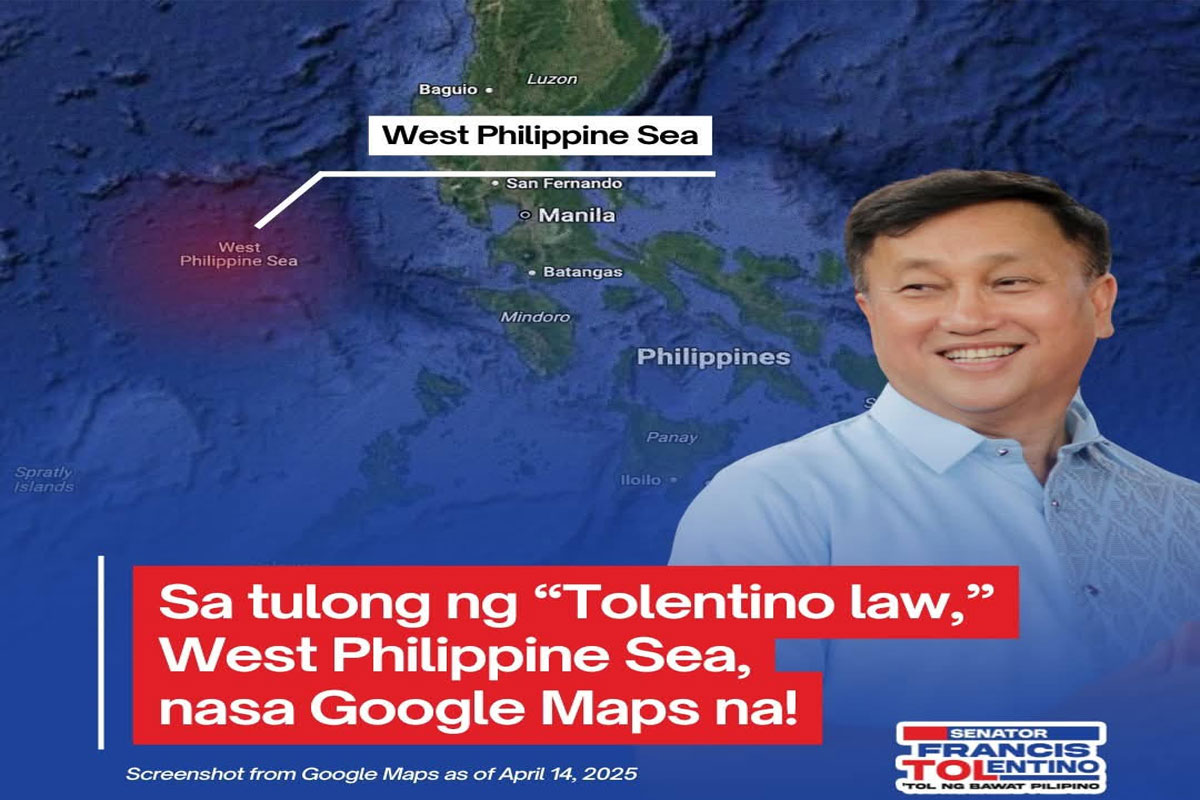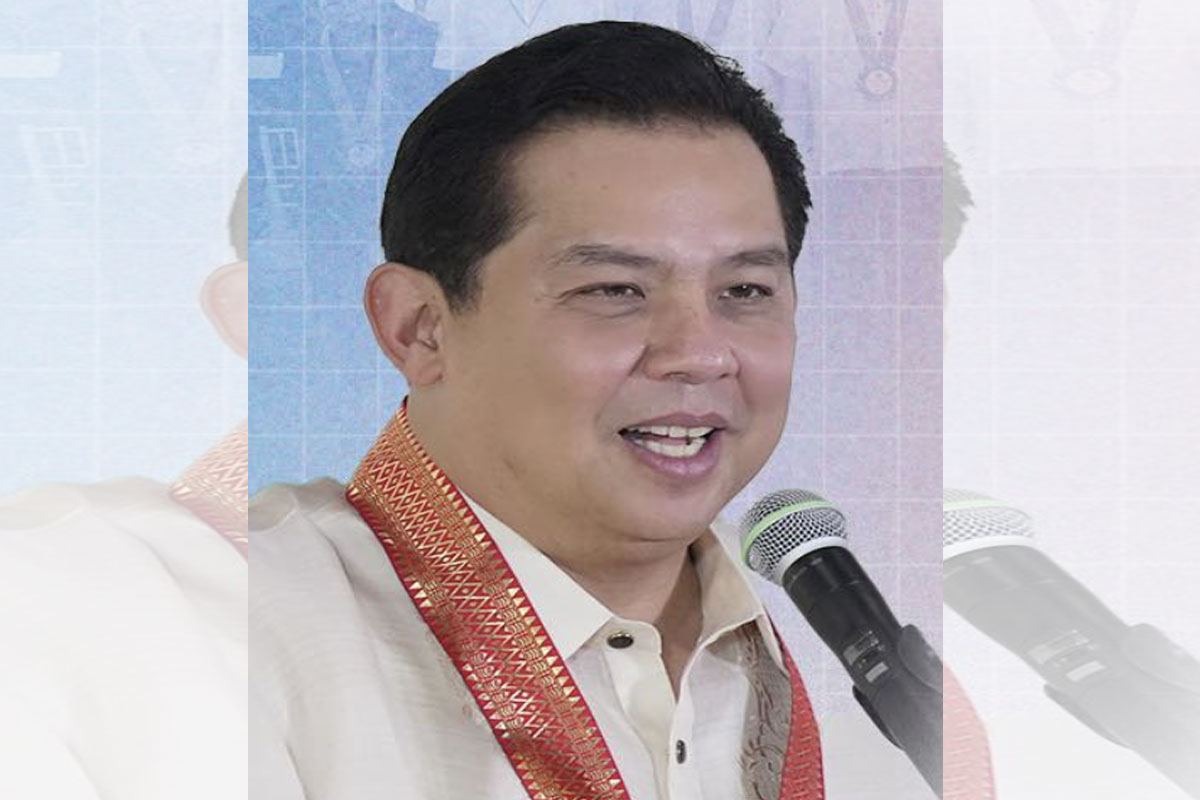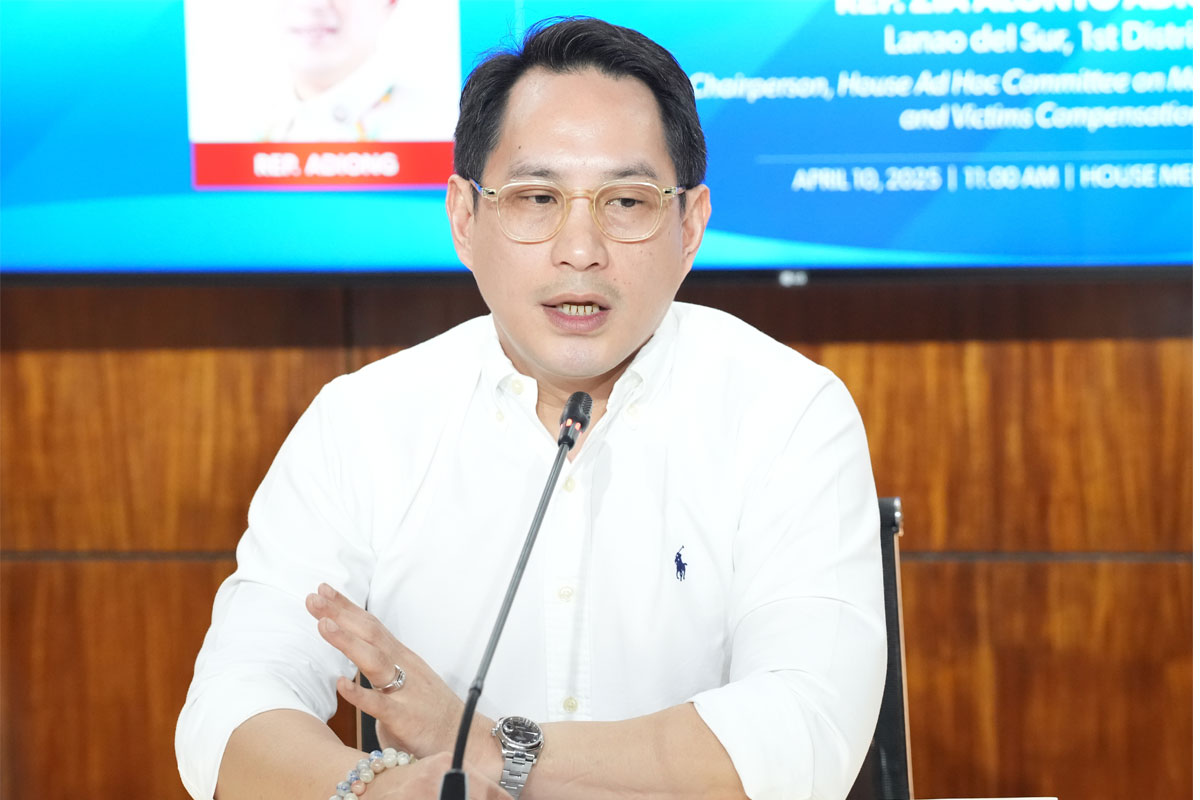
PUSH AGAINST FAKE NEWS
HOUSE Ad Hoc Committee on Marawi Rehabilitation and Victims Compensation chairman Zia Alonto Adiong of Lanao del Sur has underscored the need to regulate social media platforms if their internal policies continue to fall short in stopping the spread of fake news.
“Kailangan din natin magkaroon ng regulation sa pag-operate nitong mga social media platforms, itong mga creators, itong mga operators na ito because they have the full access and control of their algorithms,” Adiong, a House Assistant Majority Leader, said.
Adiong noted that Meta, the company behind social media giant Facebook, has policies in place, but they are not enough.
“‘Yung policy, ‘yung internal policy nila kasi, for me, it does not work to really safeguard their platforms from becoming the space to generate fake information and fake news,” Adiong said.
Adiong stressed that the issue is global and that the Philippines should follow the lead of other countries.
“If their internal policy is not sufficient then the government has to step in. Hindi lang ho ito bago sa mundo. There are a lot of countries who also regulate the operation of social media platforms and operators like Meta,” Adiong said.
Adiong pointed to Singapore’s Protection from Online Falsehoods and Manipulation Act as an example.
“In fact, in Singapore, the government has already adopted and approved the Protection from Online Falsehoods and Manipulation Act. Singapore is one of the most progressive countries in Southeast Asia. So if they can do it, why can’t we?” Adiong asked.
The Mindanao House leader called for legislation that not only targets fake content but also controls how it spreads online.
“Ako ang paniniwala ko, dapat kung nais nating magkaroon talaga ng mas magandang panukalang batas na magre-regulate sa traffic sa online and online spaces ng discourse, hindi lang natin ire-regulate at mag-set ng standard kung ano dapat ang nababasa, naririnig ng ating publiko, but ‘yung paraan kung paano nila ito ma-upload,” Adiong said.
Adiong stressed that social media platforms must be held accountable. But for them to become part of the solution, he said the government must take the lead.
“So it’s very important that the operators of this platform, social media platforms also needs to be part of this solution. And by becoming part of the solution, the government really has to step in and probably the Congress needs to pass a bill in regulating this fake news,” he said.
Adiong made the remarks after a hearing of the House Tri-Comm on the proliferation of fake news and disinformation online.
Lawmakers, former high-ranking officials and media personalities, including former Vice President Noli De Castro, have expressed support for stronger regulation, citing their own experiences as targets of fake news.
Apart from regulation, Adiong pushed for a law that would allow the government to collect fair taxes from platform operators and content creators earning from digital content.
“Dapat talaga ho magkaroon tayo ng panukalang batas, hindi lang po doon sa mga fake news, but also to explore on how the government can really earn an additional revenue from all these platforms,” he said.
He noted that the Bureau of Internal Revenue (BIR) has yet to offer a concrete policy on taxing digital platforms and operators.
When lawmakers asked the agency about mechanisms to ensure fair taxation, the BIR had no clear answers, Adiong added.
Adiong said that while the government must protect freedom of expression, it also has a duty to prevent the spread of harmful disinformation and ensure proper revenue collection.
“I believe the government also needs to see that angle — kung paano magkaroon ng hindi lang ho malayang pamamahayag, but malaya in a sense na hindi ho mabigyan ng maling impormasyon ang ating publiko,” Adiong said.


